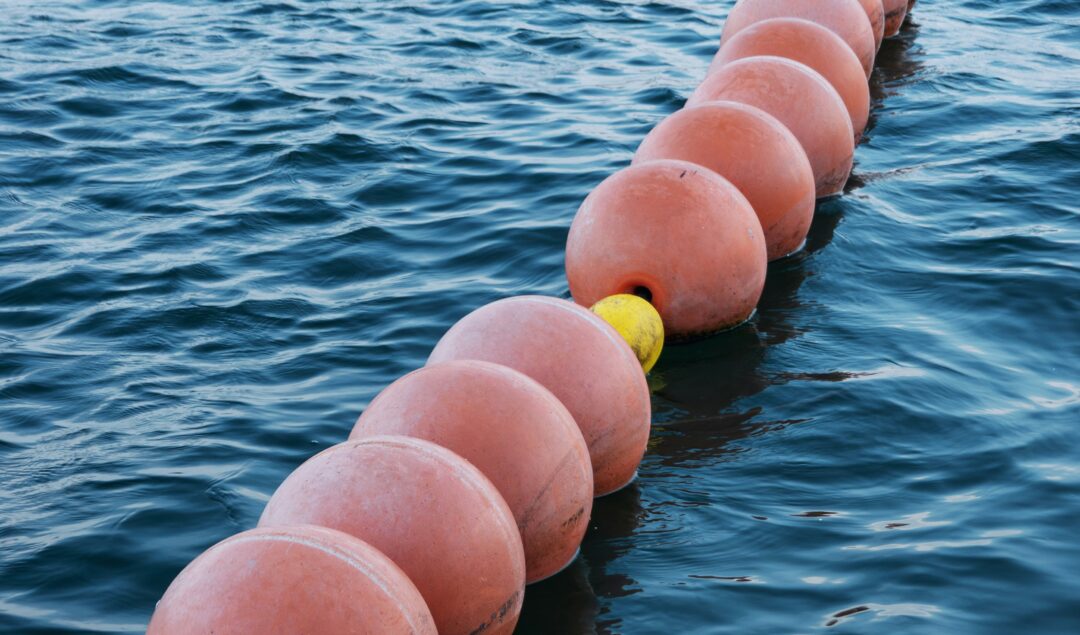Facebook-backed 2Africa Subsea Cable Set To Go Live In September 2025

The 2Africa submarine cable is scheduled to launch in September 2025 in locations including London, Ghana, Nigeria, and South Africa. Facebook reported that it will span 45,000 kilometers across nine landings, collectively known as the 2Africa Pearls. The subsea cable will directly connect Africa, Europe, and Asia.
Upon its completion, the extension will make 2Africa the longest subsea cable system in the world, according to Facebook. It will surpass the current record set by the SEA-ME-WE 3 line, which spans 39,000 km and connects 33 countries across South East Asia, the Middle East, and Western Europe.
2Africa’s launch
The submarine cable is backed by an impressive consortium that includes Meta, MTN GlobalConnect, Vodafone, Orange, Telecom Egypt, WIOCC, Center3, and China Mobile International. 2Africa aims to deliver faster, more affordable, and more reliable Internet across Africa.
Facebook’s continued investment in subsea cables is part of a broader effort to expand online connectivity. Initially, it focused on providing affordable internet to Africa’s population of about 1.2 billion people. However, the plan changed with the consortium opting to lay 37,000 km (22,990 miles) of cables connecting 23 countries in Africa, the Middle East, and Europe.
The system is created as an “open cable,” meaning each partner runs its own equipment on the fibre pairs it owns. It’s for this reason that some operators may be ready to switch on capacity this September, while others may not.
Providing affordable internet across the continent
The bandwidth on 2Africa is set to be half that of other cables, while also offering physical diversity and a design capacity of 180 terabits per second (Tbps). That is higher than Google’s Equiano cable at 144 Tbps and dwarfs ACE and WACS, which once dominated Africa’s connectivity, according to Techpoint Africa.
Image: CHEN HENG



